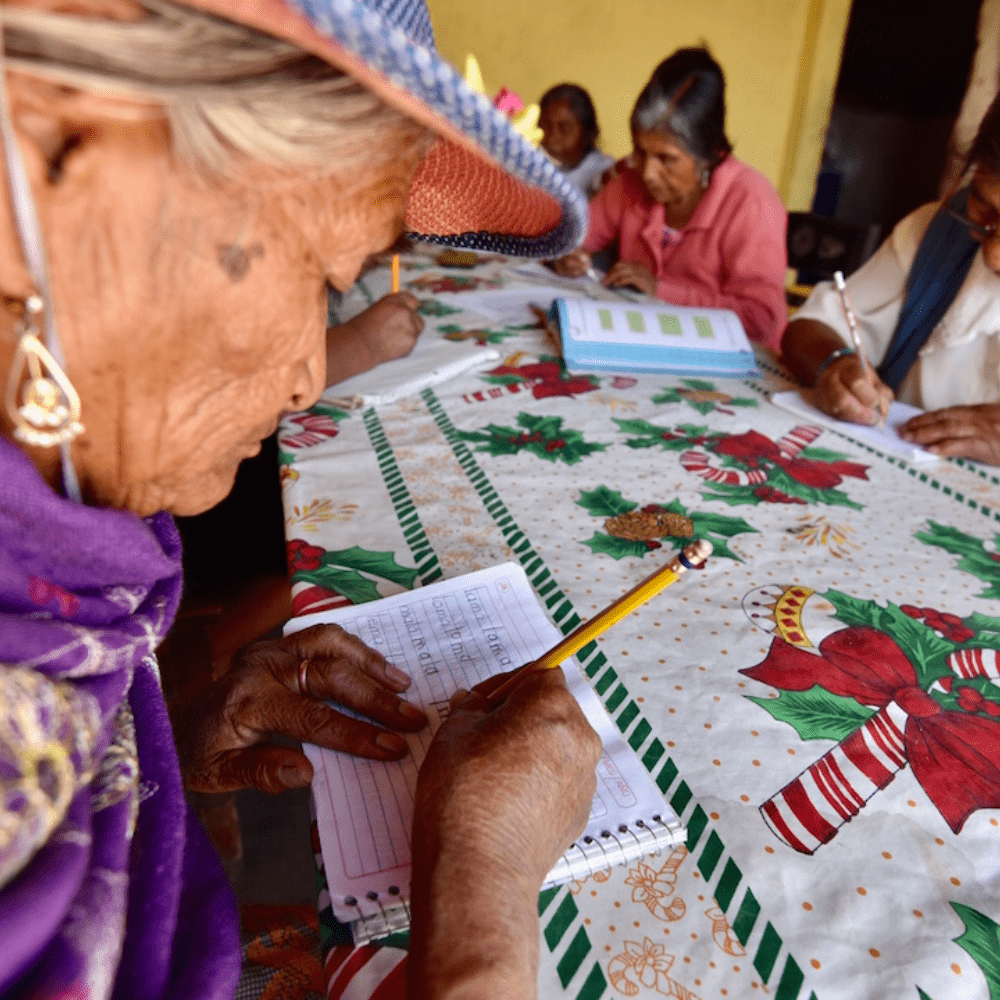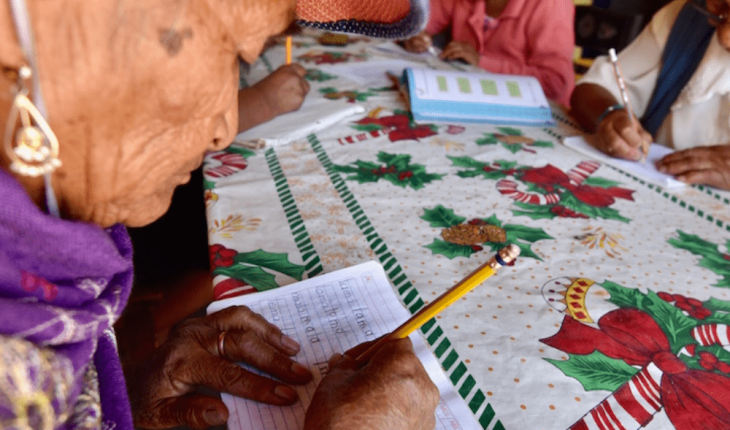
International Literacy Day is celebrated on Tuesday, 8 September, a date that aims to recall the importance of literacy for individuals, communities and societies, as well as the need to intensify efforts to achieve this. International Literacy Day was declared for 8 September by the United Nations Education, Science and Culture Organization (Unesco) during the 14th session of its General Conference held on 26 October 1966, so this date has been commemorated since 1967.
Stay informed about what matters most to you
Get the most relevant news of the day in your e-mail
Thank you for subscribing!
Check your inbox to confirm your email and start getting the latest news
Take advantage and take the next step
Get our news alerts so you don’t miss anything
Receive notifications
Not bad! You’ve subscribed to notifications
Set up and choose your preferences
Set up notifications
Enter your e-mail
Subscribe
Subscribing involves accepting the terms and conditions
Not bad! You’ve subscribed to notifications
Set up and choose your preferences
Literacy is a key factor in achieving Unesco’s Sustainable Development Goals within the framework of the 2030 Agenda, which promote universal access to quality education and learning opportunities throughout people’s lives. More specifically, the fourth of these Goals has as one of its goals to ensure that all young people learn to read and write, that is, that they are literate, and have basic knowledge of arithmetic, as well as give the opportunity to acquire this knowledge to adults who lack them. Pandemic-marked illiteracy
This 2020, International Literacy Day seeks to emphasize “Teaching literacy and learning during and after the COVID-19 crisis”, particularly in the role teachers play and the evolution of pedagogies in literacy aimed at young people and adults.
One of three adult literacy classrooms in Gao, Mali, built and equipped by the United Nations Integrated Multidimensional Stabilization Mission in Mali (MINUSMA). Photo: UN
In this sense, the crisis caused by the pandemic has been a crude reminder of the large gap between political discourse and reality, which has increased with the consequent impact on the learning and daily life of those who lack have little skills in literacy. On its official website, the UN recalled that during the coronavirus crisis adult literacy programmes have been suspended in many countries and absent from their education response plans, a situation that states: What impact does the COVID-19 crisis have on literacy teachers and adults, as well as on education and learning? What lessons has this crisis brought? How can we effectively place youth and adult literacy learning in global and national responses and resilience resumption and strengthening strategies?
Photo: Pexels
The challenges persist despite the achievements made in this area, with around 773 million adults around the world now lacking the basic skills to read and write. In Mexico alone, there were 4 million 749,57 illiterate people in 2015, according to that year’s Intercensal Survey, meaning that 4 out of 100 men and 6 out of 100 women over the age of 15 can’t read or write in the country. This International Literacy Day is an opportunity to reflect and discuss these questions, offering the possibility to analyze the role of teachers, as well as the policies, systems and measures to be taken to support learning and teaching. In this regard, Unesco will hold a virtual conference on a global collective debate on 8 September aimed at reformulated the teaching and learning of literacy of young people and adults after the COVID-19 pandemic.





